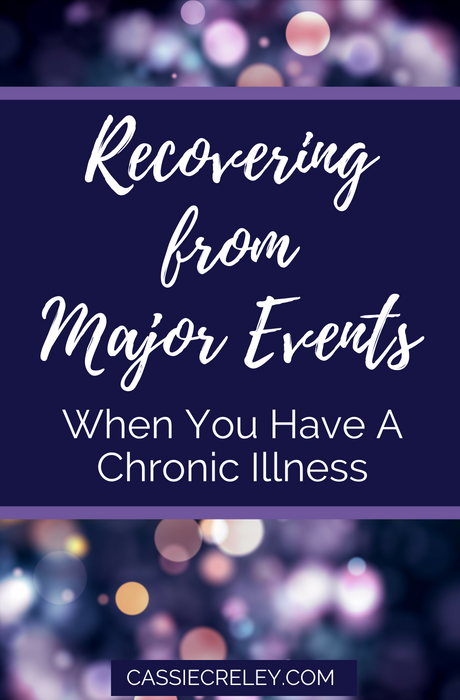
Recovering from Major Events When You Have A Chronic Illness
Those of us with chronic illness know how challenging it can be to go to major events because of the toll it takes on our bodies.
I struggle to make it out of the house for a short coffee date with a friend, and unfortunately wonderful events such as birthday parties or weddings prove even more of a challenge.
So I created a plan to help me recover from going to bigger events, and I’m going to share tips so you can create your own plan tailored to your needs. I’ll share tips for listening to what your body needs and applying them in a way that is proactive vs. merely reactive.
This post contains affiliate links, which means I receive a small portion of sales, at no additional cost to you, if you click through and make a purchase. Thank you for supporting my blog through your purchase!
My event flare plan is based off an idea my doctor shared with me. She recommended I create what’s called a flare plan to help me combat symptoms of fibromyalgia. I’ve found it very helpful, and do most of the things on the list daily, as my doctor pointed out that I’ve likely been in a flare for years.
Those with fibromyalgia will be familiar with the word “flare.” It means an increase in the intensity and number of fibromyalgia symptoms.
The degree to which we’re impacted varies greatly; sometimes my flare ups are more mild, but more often I feel I’ve been run over by a bus. The degree of flare up can be frustratingly arbitrary.
But anyone can benefit from a flare plan, not just those of us with fibromyalgia. For instance, because I have more than one health condition, my plan includes ways to support my asthma, dysautonomia, allergies, autoimmune condition, and chronic fatigue syndrome.
Although my flare plan helps day to day, I found it just wasn’t helping that much if I went out to a major event.
I realized I needed an event flare plan specifically for major events because my body flares differently when triggered by a big outing. (Because heaven forbid anything be uncomplicated!)
I also realized that my event flare plan needs to go into affect before the event. I was previously just trying to treat the after-effects, which just wasn’t cutting it.
To make my event flare plan more proactive, I divided it into three parts: Before The Event, At The Event, and After The Event.
I think of the items on my flare plan as supports, not steps. “Steps” implies that there is a right order for completing tasks, and that all of them have to be checked off the list. A flare plan is about helping you without making you feel added pressure. You might notice that some supports on the flare plan actually contradict each other. This is because choosing what support I put into practice depends on listening to what my body needs. This might mean giving myself permission to rest, or doing more stretching when my energy allows it.
As you create your own flare plan, I highly recommend you chart your symptoms. My charting has helped me see how much major events impact my exhaustion and cognitive function, and lately how they are also having a larger impact on increased pain and migraines. You might be surprised at what triggers your flares, as well as how you flare, and this information can help you plan accordingly.
Also, for my healthy readers, when I talk about “recovering” from an event, I don’t mean becoming healthy or well. Those of us with chronic illness have a baseline below normal that has become our “average,“ and the stress/exertion, etc of an outing increases our symptoms and lowers our functioning even more than our lowered “average.” By “recovering,” I mean lowering those exacerbated symptoms more quickly.
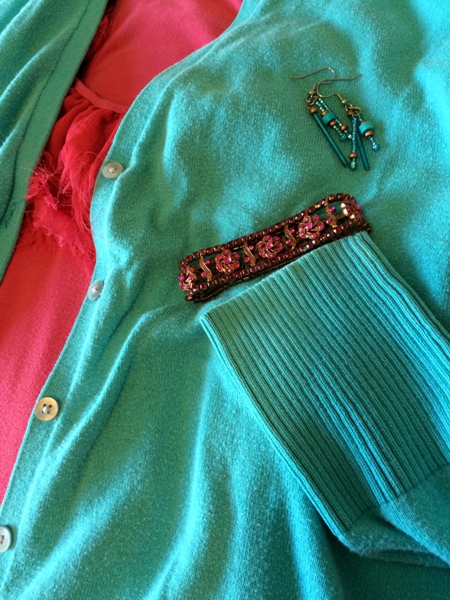
Before The Event
Here are some supports that I put into practice ahead of time to help me combat the effects of going to a big event.
Plan buffer days—I aim to have no doctors’ appointments or social obligations a day or two before a big event in the hopes that my body can store up some energy, or at least not to be further taxed before an event.
Prepare food—Make healthy options beforehand so can have them on hand when you’re tired after the event. Consider asking for help buying or preparing the food.
Ask about potential allergens/triggers—If I’m going to an event at a house I’ve never been to before, I make sure to ask questions about if there are pets or if anyone smokes in the house. With close friends I also feel comfortable asking if there are scented plugins or other scented items. Scented plugins send me into a terrible migraine and often an asthma attack, and potpourri and scented candles can also be really bad news. My friends have been so courteous, and they’ve offered to unplug plugins the day before they expect me, or stash their candle collection in a closet.
Know the venue—If I’m going to an a event somewhere like a church or event center, I look it up online beforehand or ask questions about it. This helps me know things like how far I’ll have to walk from parking or if I can be dropped off at the front door. This could be especially important for people who use mobility aids.
Do as much prep beforehand as possible—To lower stress day-of, have a game plan. Set out the outfit and jewelry you want to wear the night before. Pack the snacks you’ll take ahead of time, etc. The fewer decisions you have to make right before you leave and the less you have to run around getting ready, the more relaxed you’ll feel and the more energy you’ll have for the actual event.
Have realistic expectations—Recognize that no matter how well you prepare and rest, you still might not feel very good day-of. Accept that you might have to make the decision as to whether or not you can go, and then do what’s best for you. I also find it helpful not to promise to go to something so I don’t have that added pressure.
For more tips on preventing flares, check out this article.
At The Event
Bring a change of clothes—Even if you dress comfortably, nothing beats your favorite sweats and a comfy tee. I find it helpful to have something more relaxed for the ride home.
Take care of yourself—For instance, I make sure to wear my compression socks to help with my low blood pressure. I also sit when I have to. It may mean missing out on the conversation across the room where a bunch of people are standing, but this often leads to a quieter, more in depth conversation that’s more my thing anyway. Do what you need to do.
Eat enough/drink enough water—It’s easy to get caught up and forget, but these are small things that make a big difference.
Bring supports with you—This might be supplements, things to help you regulate temperature, your medicine, etc. It might even help to put self care reminders in your phone so you remember to use your supports.
Rest—I’ve started going to my car and reclining and putting my feet up in the middle of events, and it helps me last longer. Turning off the radio and just closing my eyes helps me to have a mental break from stimulus, too.
Collect a memento or souvenir—That way, when you’re recovering after the event, you can look back and think of how glad you are that you were able to go. This memento will be a reminder of those good memories. I love photos, but if you’re not a huge fan of posing for photos (I know not everyone loves having their picture taken), you could take photos of something else—maybe take a picture of your friends, the beautiful flowers at the venue, or something else that catches your eye. Is there a pretty designed flyer about the event or a ticket stub? Bring it home to scrapbook or display on cork board.
Ask someone to help you know when you need to leave—I often forget about this during the event because of everything going on, so it helps to have my mom (usually my go to “someone”) asking how much longer I think I can stay, or if I’m ready to leave.
Listen to your body—Pause and take stock frequently on how you’re doing. Again it helps to have someone else ask you if you’re still doing ok. If you feel yourself fading, determine if you can take/increase some of the supports you brought with you to stick it out. Or, determine if it’s time to go. Rule of thumb: if my brain is too tired to figure out if I should stay longer or not, or if I’m taking forever to decide what to do, it’s time to leave. My brain fog is my canary in the mine.
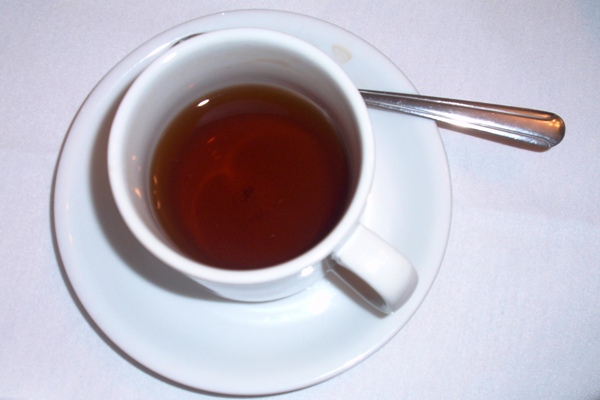
After The Event
While recouping from an event, I find it helpful to review my flare plan frequently and keep it somewhere visible so I can remember and add in supports as needed.
Use your tried and true supports (the sooner the better)—Immediately once I get home, I use some of my favorite health products like arnicare for sore stiff muscles and my neti pot to support my allergies by getting rid of any potential allergens.
Put things you need by your bed—For instance, when my tachycardia flares while I’m trying to sleep, it helps to have an ice pack (to help slow my heart rate), a water bottle when my racing heart dries me out, and pillows to prop up my feet.
Don’t expect a lot of higher brain function—After I crash is not when I’m writing blog posts or poetry, and I don’t need to expect that of myself. It used to stress me out that my brain felt so slow, but now I try to remind myself that it’s okay if I zone out or need to just lie down and close my eyes more often. I don’t accomplish a lot other than taking care of myself and eating. And that’s alright. I need to remind myself that it’s okay to take a break.
Don’t make big decisions—When your brain and body are fried is just not the time. Try to make decisions before the event. If something crops up after, ask for more time before you decide on something, if possible.
Have grace with yourself—You stretched yourself, and you did it! Now you need to recover. Let the recovery process take as long as it needs.
Make notes on your flare plan—If some of your supports make you feel worse short term, but better long term, note that. I used to dismiss taking a bath the day after an event because I was always left feeling so drained by it. However, it helps with my pain. So I wrote on my flare plan “You’ll feel more tired after a bath, but then better in the long run.” When I see that, my tired brain stops resisting and thinking in circles about whether I should or shouldn’t take a bath. I take the dang bath, flop on my bed for awhile feeling like a blob of exhaustion, and then am grateful I took the bath.
Make a good appointment—Schedule something that will help you feel better, like a massage or chiropractic visit.
Other supports to consider:
- Stretches—I keep a list of stretches that are of various intensity (i.e., seated stretches, standing stretches) with notes about stretches specific to areas of pain (i.e., elbow or neck pain.)
Soak feet in Epsom salt - Use essential oils (for me, eucalyptus eases my breathing a little)
- Plan buffer day(s)
- Eat more protein
- Ask your doctor if you can increase medicine or supplements temporarily
- Sleep in and/or nap
So there are my suggestions! I hope having an event flare plan in place makes it more achievable for you to go to events, and eases your peace of mind about recovering afterwards.
If you think this list will benefit a friend, be sure to pin this post or share it on social media!
Have you created an event flare plan? What supports would you add to my flare plan ideas in this post?


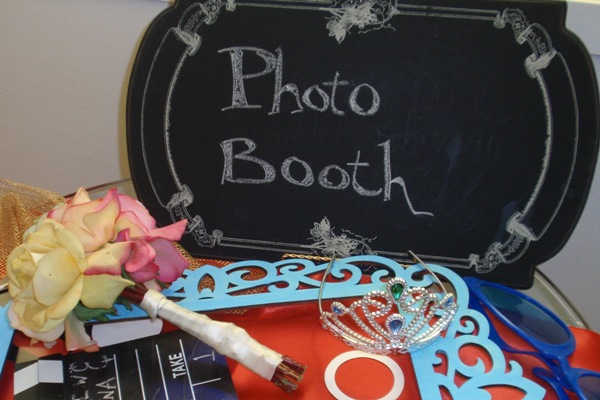
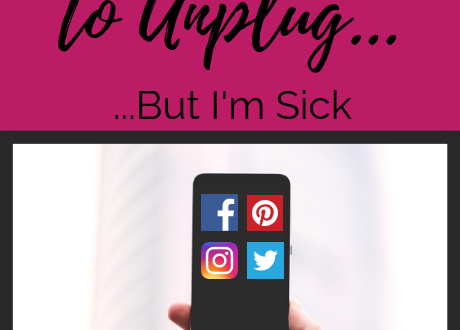


2 Comments
Gretchen
Wow! You are so organized and proactive in taking care of yourself. These are really practical steps that one can take. It helped me gather some ideas for my grandma who has chronic illness and fatigue. Thanks Cassie!!!
Cassie Creley
Thank you for sharing Gretchen! I’m so glad you were able to glean some tips for your Grandma. I hope she finds them really helpful!